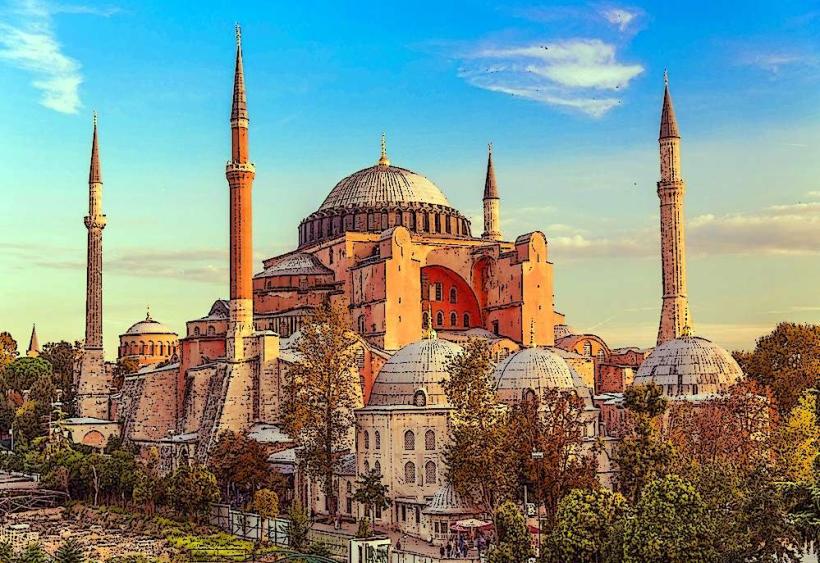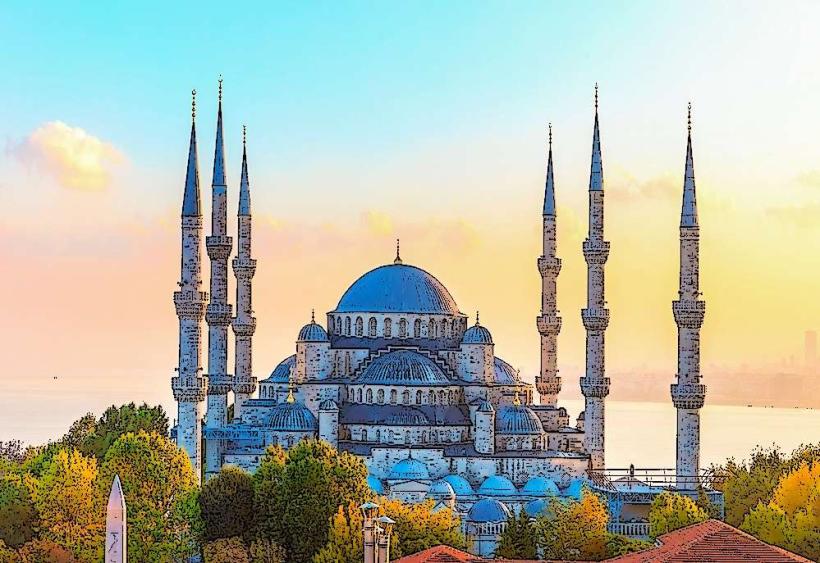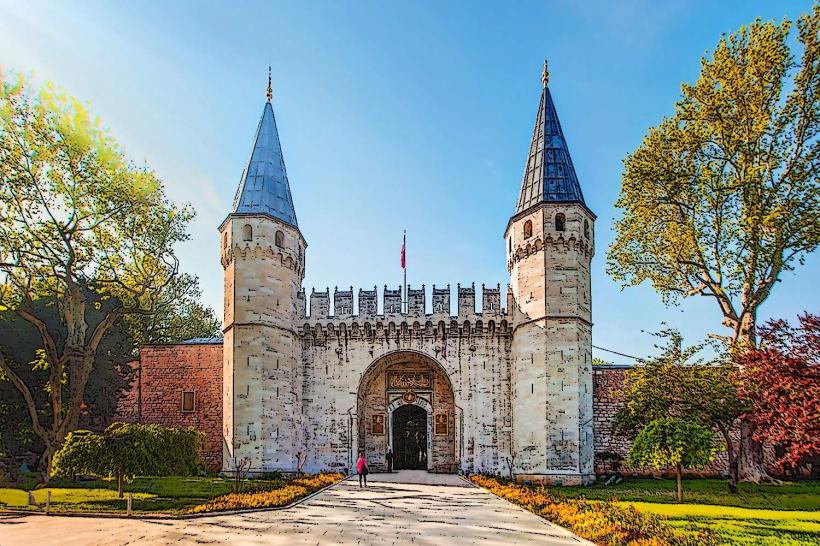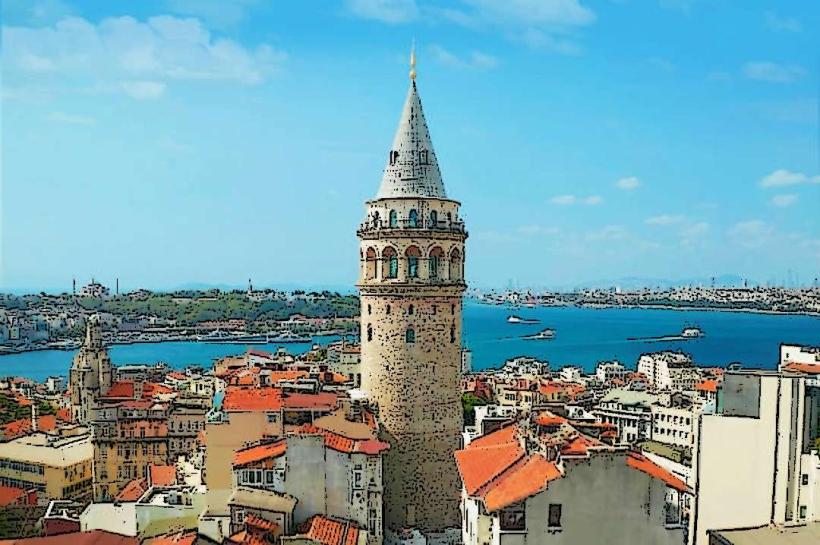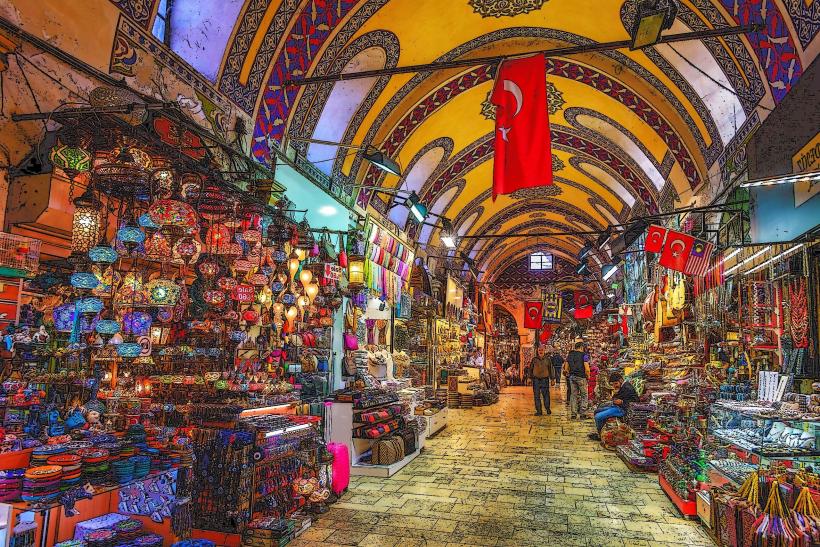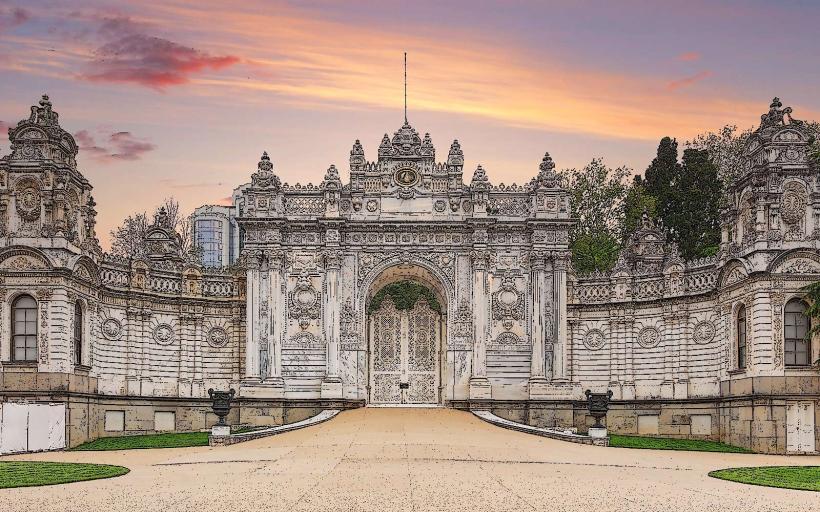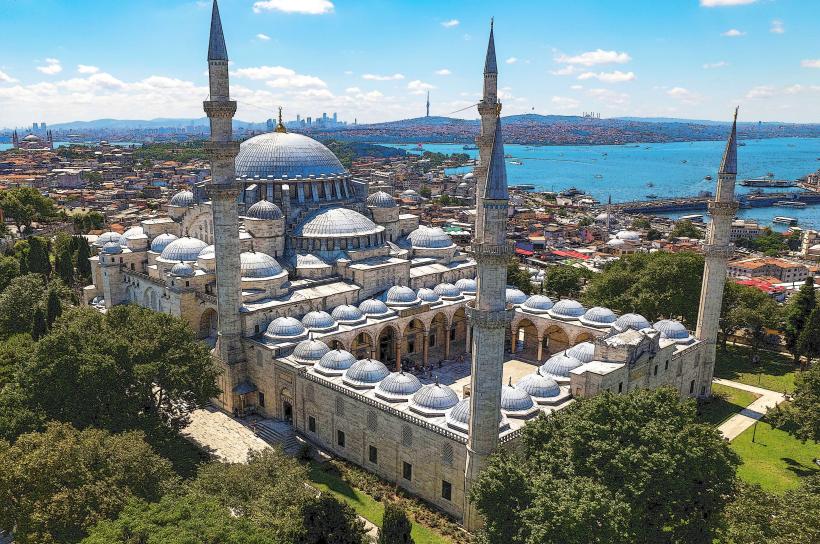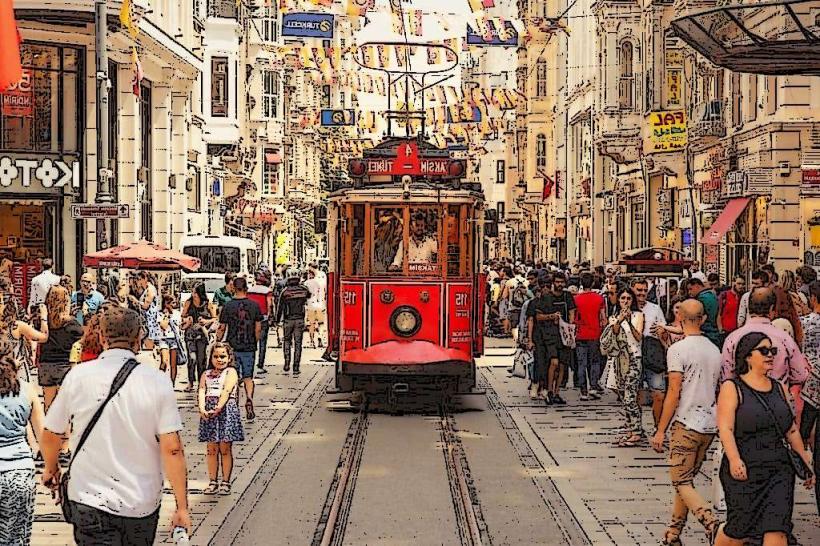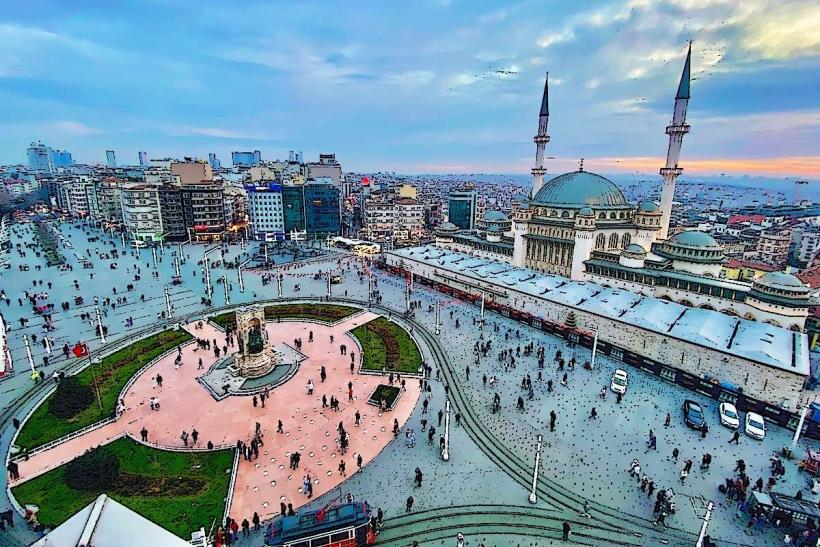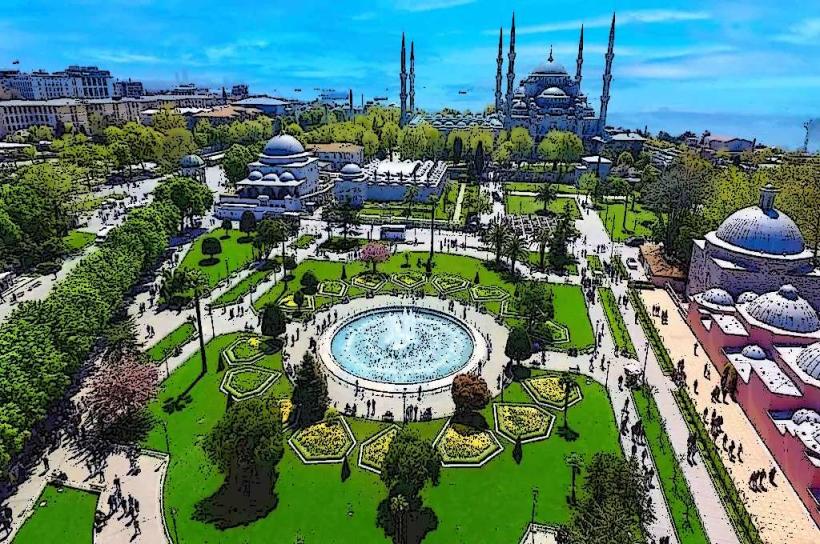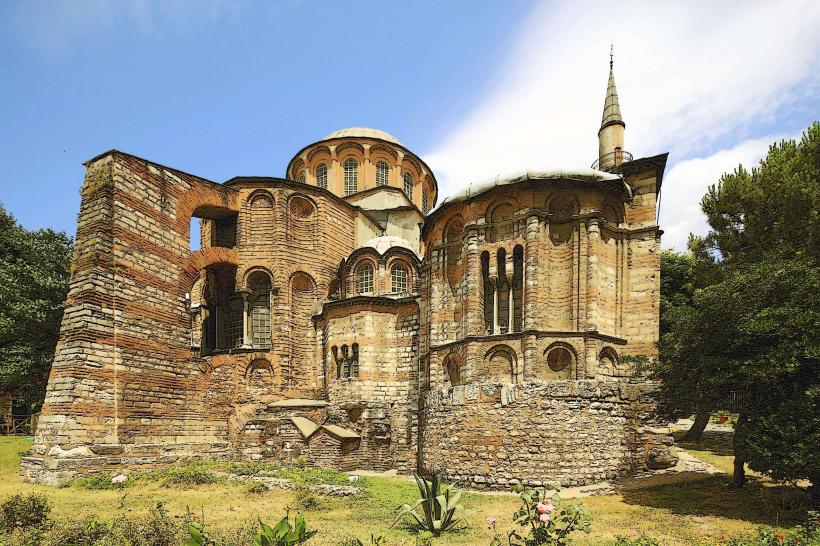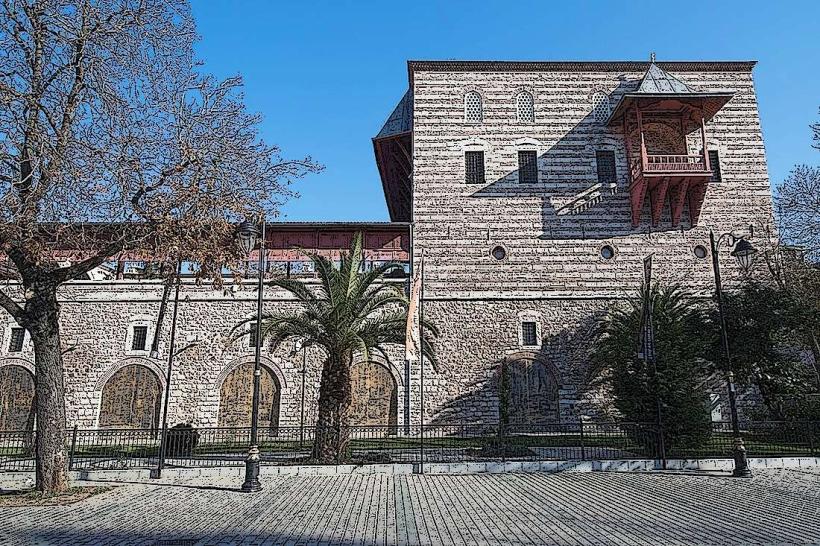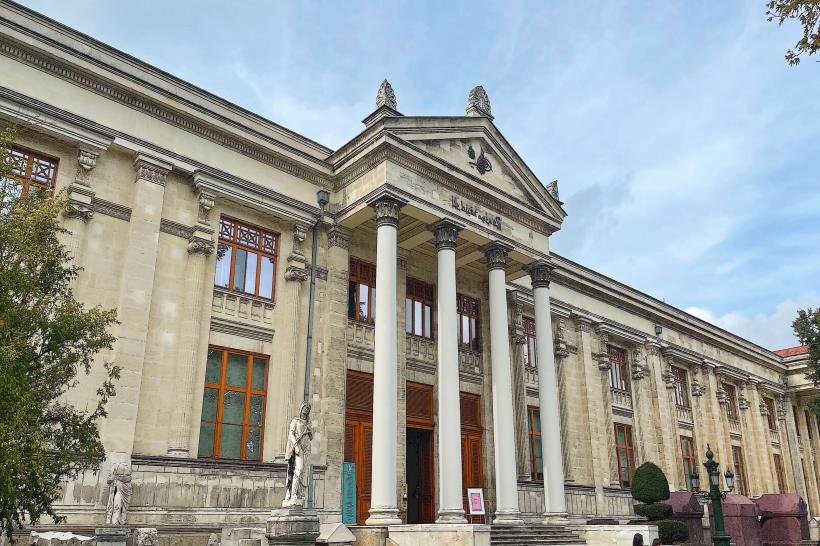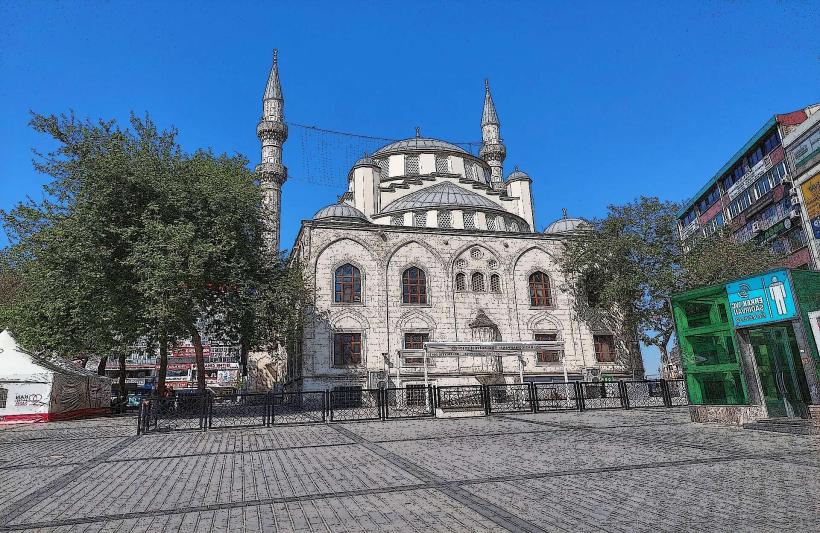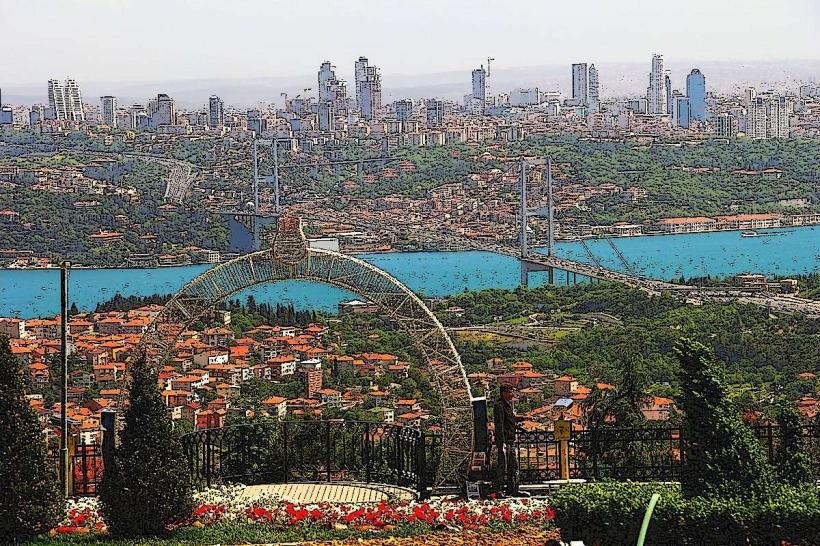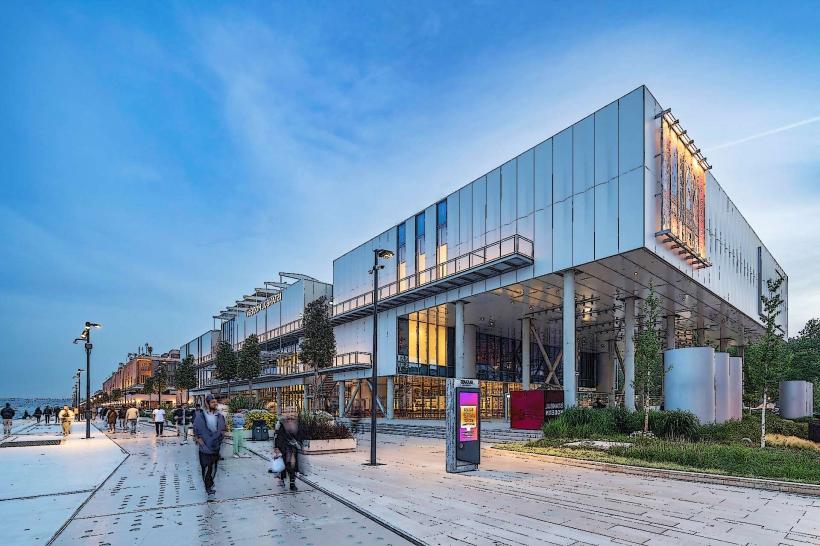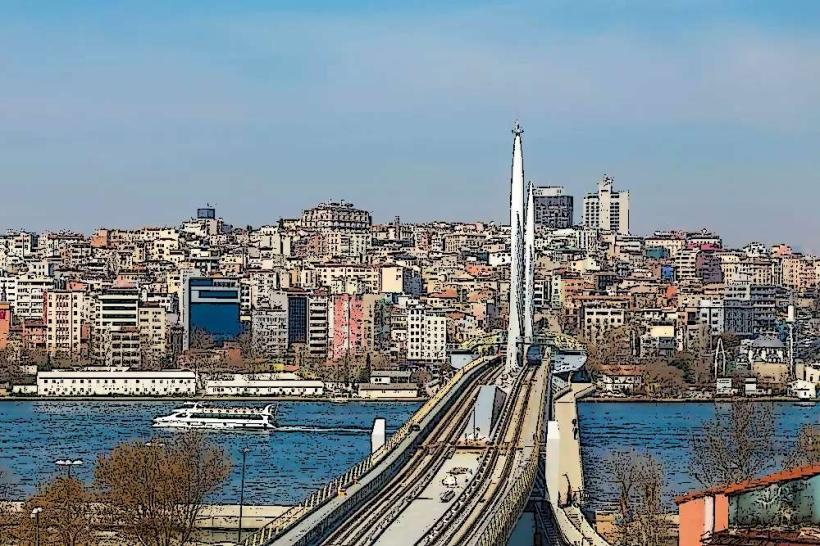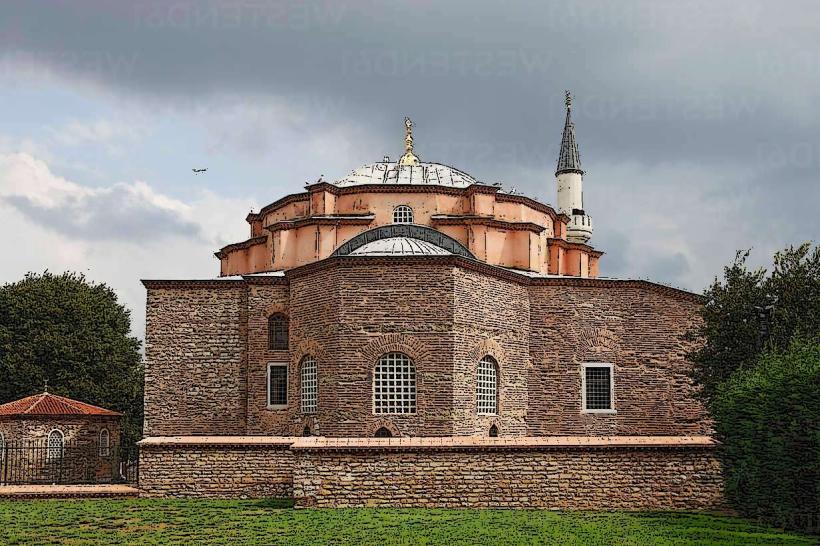Information
Landmark: Istanbul Airport (İstanbul Havalimanı)City: Istanbul
Country: Turkey
Continent: Asia
Istanbul Airport (İstanbul Havalimanı), Istanbul, Turkey, Asia
Istanbul Airport (İstanbul Havalimanı) is the primary international airport serving Istanbul, Turkey. It is located on the European side of the city.
Visual Characteristics
The airport complex covers an area of 76.5 million square meters. Its terminal buildings are characterized by modern design with extensive use of glass and steel. The main terminal features a distinctive roof structure inspired by traditional Turkish motifs. The color palette is neutral, with dominant grays, whites, and blues.
Location & Access Logistics
Istanbul Airport is situated approximately 35 kilometers northwest of Istanbul's city center. Access is primarily via the O-7 motorway (Northern Marmara Motorway). Public transport options include the M11 metro line, which connects to the city's metro network at Gayrettepe and Halkalı stations. Several public bus lines (e.g., H1, H2, H3, H4, H5, H6, H7, H8, H9) operated by İETT also serve the airport, connecting to various districts. Parking is available in multi-story car parks with a capacity for tens of thousands of vehicles.
Historical & Ecological Origin
Construction of Istanbul Airport began in 2015. It was built on a site previously occupied by former military airfields and mining quarries. The project was developed under a build-operate-transfer (BOT) model. The original purpose was to consolidate Istanbul's air traffic into a single, large-capacity hub, replacing the older Atatürk Airport and Sabiha Gökçen International Airport.
Key Highlights & Activities
The airport facilitates international and domestic flight operations. Passengers can utilize a range of services including check-in, baggage handling, and security screening. The terminal houses numerous retail outlets, restaurants, and cafes. Duty-free shopping is available. Passengers can also access airport lounges and business facilities.
Infrastructure & Amenities
Restrooms are located throughout the terminal. Significant portions of the terminal offer climate-controlled environments, providing shade. 4G and 5G cellular service is generally available within the terminal buildings. Numerous food vendors and restaurants are present within the airport complex.
Best Time to Visit
For photography of the exterior architecture, early morning or late afternoon light offers optimal conditions. The airport operates 24 hours a day, with peak passenger traffic typically occurring during morning and evening hours for international departures and arrivals. Weather conditions in Istanbul are generally most favorable during spring (April-May) and autumn (September-October).
Facts & Legends
The airport's construction involved the excavation and relocation of an estimated 1.5 billion cubic meters of earth. A specific operational tip is to allow ample time for transit between gates, as the terminal is extensive. The airport's design aims to reduce noise pollution in surrounding residential areas through strategic flight path management.
Nearby Landmarks
- Yusuf Ziya Öniş Stadium (12km Southwest)
- Belgrad Forest (15km Southeast)
- Miniatürk (25km Southeast)
- Pierre Loti Hill (28km Southeast)
- Galata Tower (30km Southeast)

